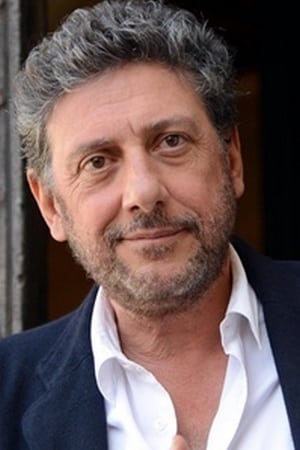
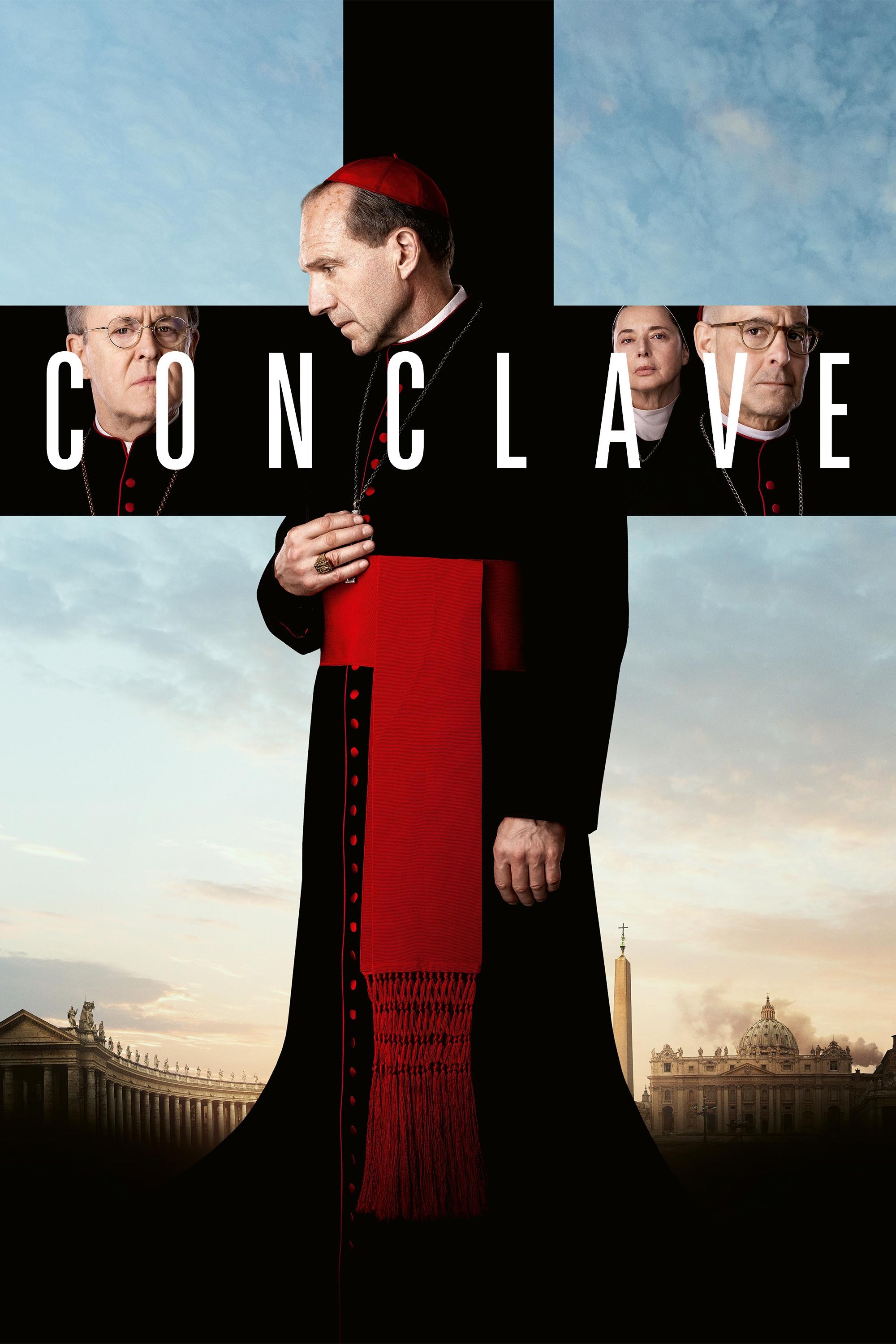
After the unexpected death of the Pope, Cardinal Lawrence is tasked with managing the covert and ancient ritual of electing a new one. Sequestered in the Vatican with the Catholic Church’s most powerful leaders until the process is complete, Lawrence finds himself at the center of a conspiracy that could lead to its downfall.
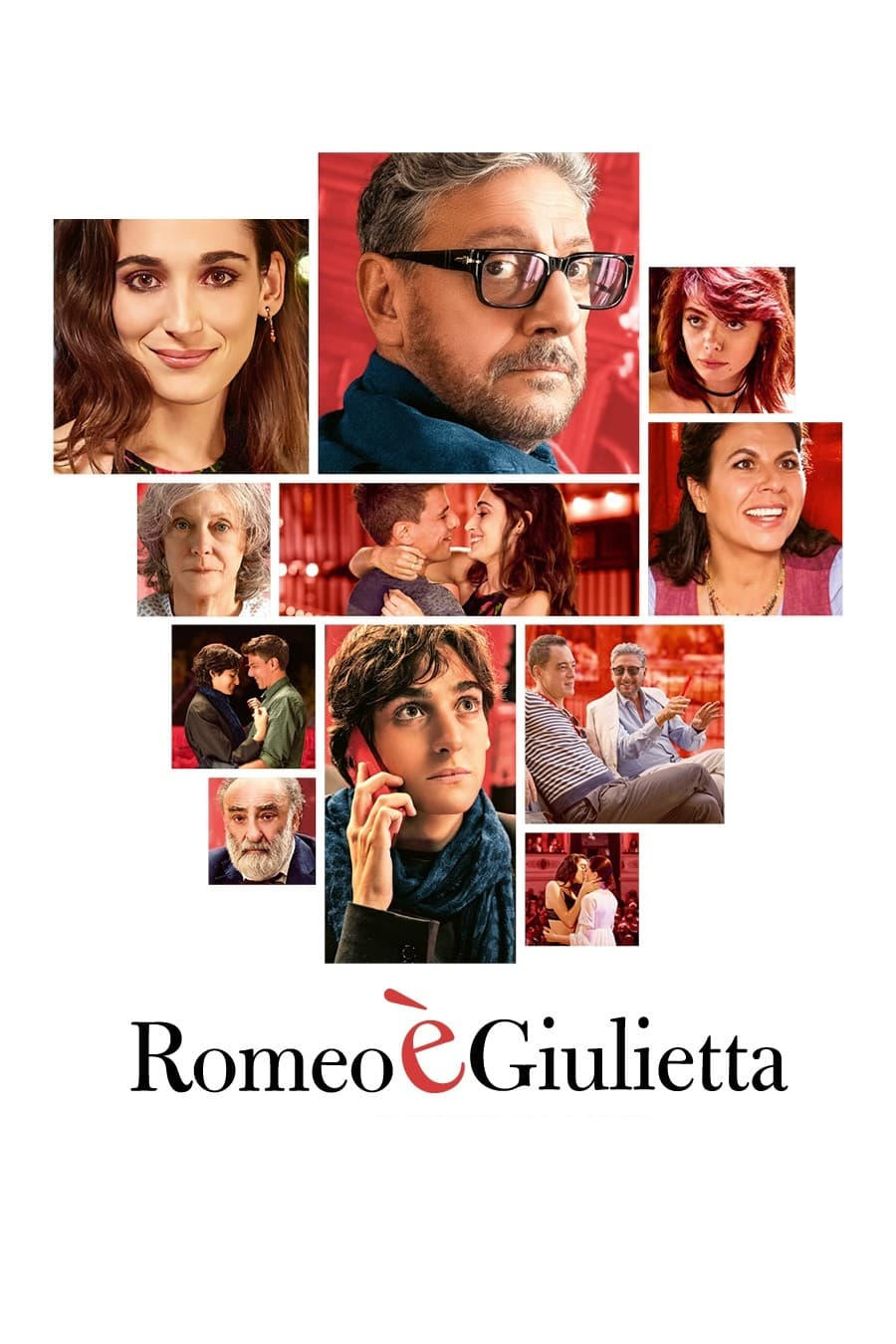
After her audition as Juliet fails to impress, a young actress determined to act in the latest production of Shakespeare's play crossdresses and is unexpectedly chosen for the role of Romeo.

An absurd law prevents John, an unrecognized child at birth, from knowing the identity of his biological parents before his 100th birthday. To succeed in attracting public opinion, his only hope is to obtain the complicity of Gustavo, the only unrecognized-at-birth centenarian alive. The only one who would have the right to avail himself of this legislation but seems to have no interest in doing so. The Most Beautiful Century of My Life tells of the meeting between a centenarian projected into the future and a young man anchored in the past and of their unexpected friendship.

Enea chases after the myth he bears in his name; he does so to feel alive in a dead and decadent age. He does so together with Valentino, a newly baptized aviator. The two, in addition to dealing and partying, share youth. Lifelong friends, victims and perpetrators of a corrupt world, but moved by an incorruptible vitality. Beyond the boundaries of rules, on the other side of morality, there is a sea full of humanity and symbols to be discovered. Enea and Valentino will fly over it to the furthest extremes. However, drugs and the underworld are the invisible shadow of a story about something else: a melancholy father, a brother fighting at school, a mother defeated by love and a beautiful girl, a happy ending and a happy death, a palm tree falling on a glass world.

The efforts of a special paramilitary anti-terrorism unit set up in the 1970s by a high-ranking police official, Gen. Carlo Alberto Dalla Chiesa.
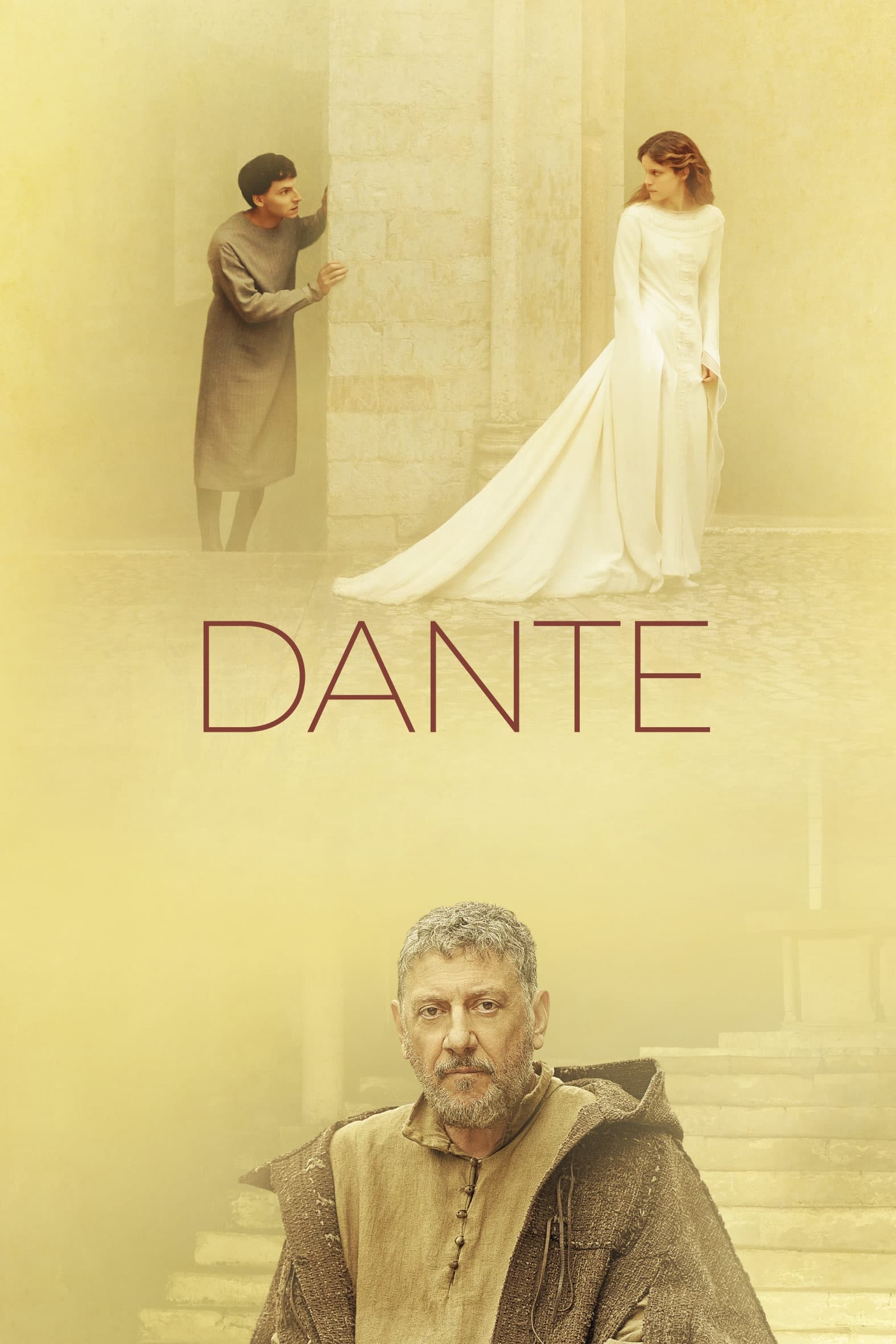
The tormented life of Dante Alighieri, from solitary childhood to death in exile, seen through Giovanni Boccaccio’s journey to rehabilitate his memory.
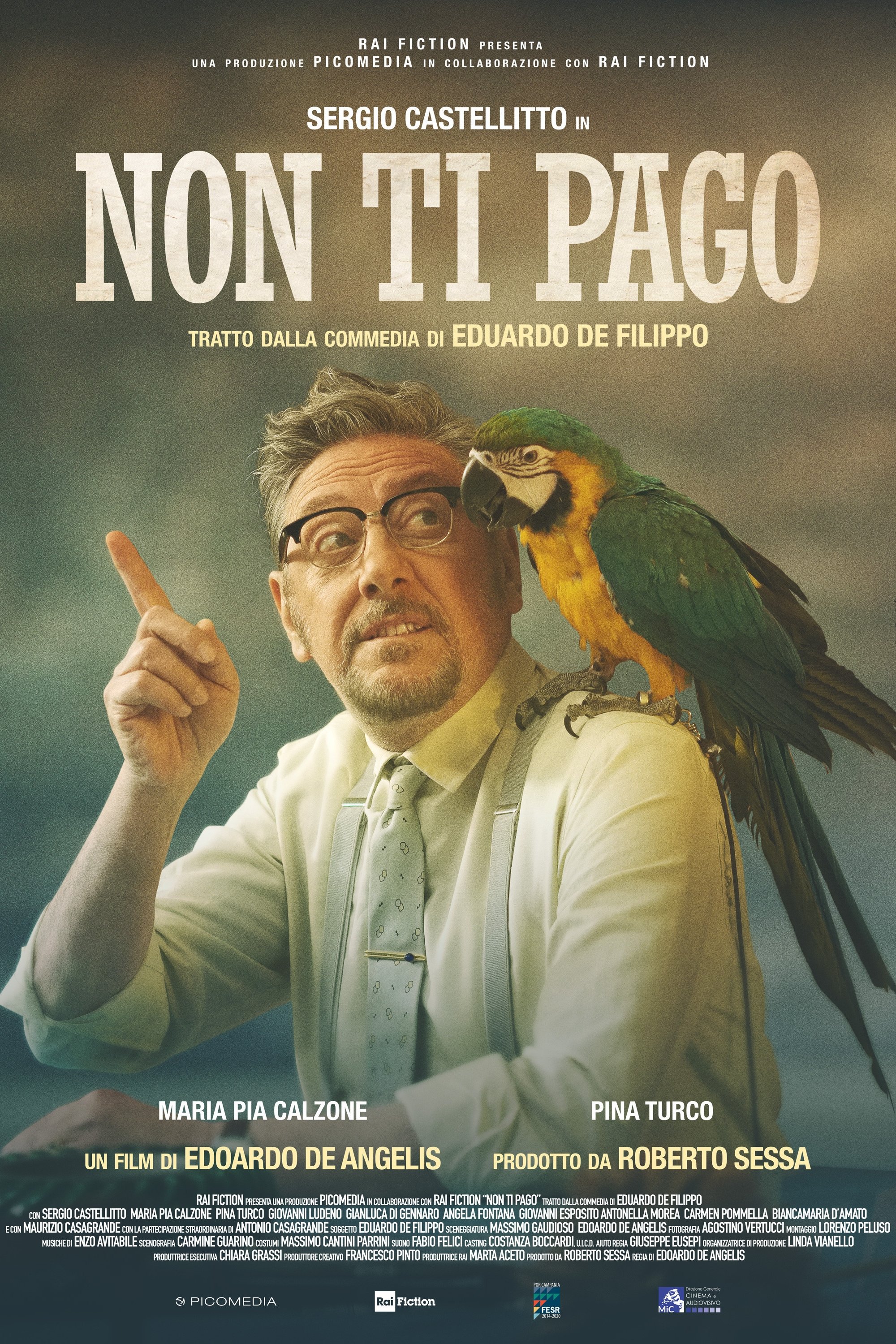

A psychiatrist tries to make his dream come true by organizing the first worldwide football cup for patients who suffer from mental illness. Based on a true story.

Vincenzo dedicates his life to the bookshop he owns in Paris and to his daughter Albertine, forced to stay home because of an accident occurred to her a few years earlier. One day Yolande, an exuberant, eccentric, funny and beautiful girl, bursts into Vincenzo’s shop. Charmed by her vital energy, the man starts feeling again emotions he’s been chocking-off for too long, and which will make him question his melancholic and somehow suspended way of facing life.
Sergio Castellitto (born August 18, 1953) is an Italian actor, film director, and screenwriter. Sergio Castellitto was born in Rome in 1953, to parents from Molise and Abruzzo, Southern Italy. After graduating from the Silvio D'Amico National Academy of Dramatic Art in 1978, he began his theatrical career in Italian public theater with Shakespeare's Measure for Measure at the Teatro di Roma and with roles in other plays such as La Madre by Brecht, Merchant of Venice, and Candelaio by Giordano Bruno. At the Teatro di Genova he starred in the roles of Tuzenbach in Chekhov's Three Sisters and Jean in Strindberg's Miss Julie, both under the direction of Otomar Krejka. In the coming years, he also starred in such theatrical productions as L'infelicità senza desideri and Piccoli equivoci at the Festival dei Due Mondi in Spoleto. He also appeared in Barefoot in the Park by Neil Simon. During his years in the theatre, he worked alongside many famous actors, including Luigi Squarzina, Aldo Trionfo, and Enzo Muzii. Castellitto began his film career in 1983 beside Marcello Mastroianni and Michel Piccoli in The General of the Dead Army by Luciano Tovoli. He interpreted many films like Sembra morto...ma è solo svenuto directed by Felice Farina, Piccoli equivoci by Ricky Tognazzi and Stasera a casa di Alice by Carlo Verdone. He became more famous with the films The Great Pumpkin by Francesca Archibugi and The Star Maker by Giuseppe Tornatore. In the late 1980s, Castellitto appeared in several Italian television miniseries, including Un siciliano in Sicilia (1987), Cinque storie inquietanti (1987), Piazza Navona (1988), Cinéma (1988), and Come stanno bene insieme (1989). He also appeared in the miniseries Victoire, ou la douleur des femmes (2000). Success arrived with the films La famiglia, L'ultimo bacio, Caterina in the Big City, My Mother's Smile, Mostly Martha, and especially with Don't Move, written by his wife Margaret Mazzantini. Other films that he interpreted include Il regista di matrimoni by Marco Bellocchio and La stella che non c'è by Gianni Amelio. In France, Castellitto played the male lead opposite Jeanne Balibar in Jacques Rivette's Va savoir (2001). His most recent accomplishment as an actor has been in his role as Padre Pio: Miracle Man, arguably the defining role of his career. The first film that he directed is Libero Burro, followed by Don't Move. He played the role of the antagonist, King Miraz, in the film The Chronicles of Narnia: Prince Caspian. His most recent film as director was Twice Born, which played at the Toronto Film Festival (2012), where it was not well received by much of the English speaking press. Most recently, Castellitto appeared in the television series In Treatment in the role of Giovanni. Castellitto is married to Margaret Mazzantini with four children, one of these is Pietro, actor and film director himself. Source: Article "Sergio Castellitto" from Wikipedia in English, licensed under CC-BY-SA 3.0.
By browsing this website, you accept our cookies policy.